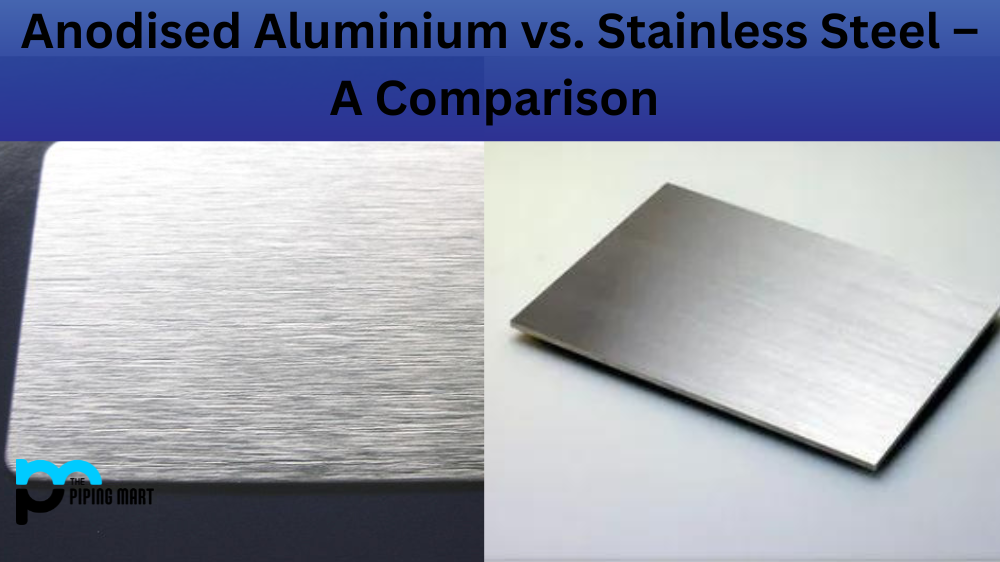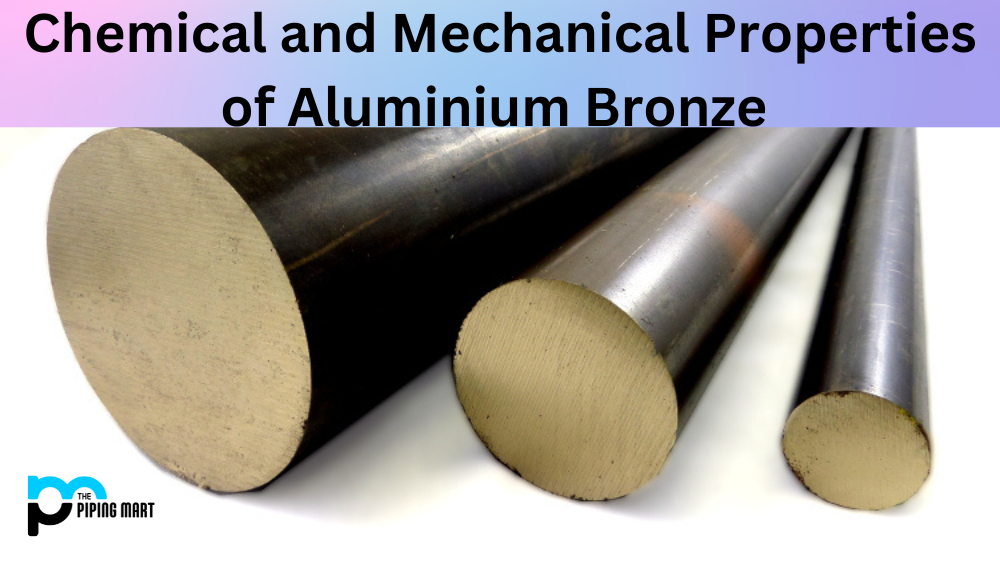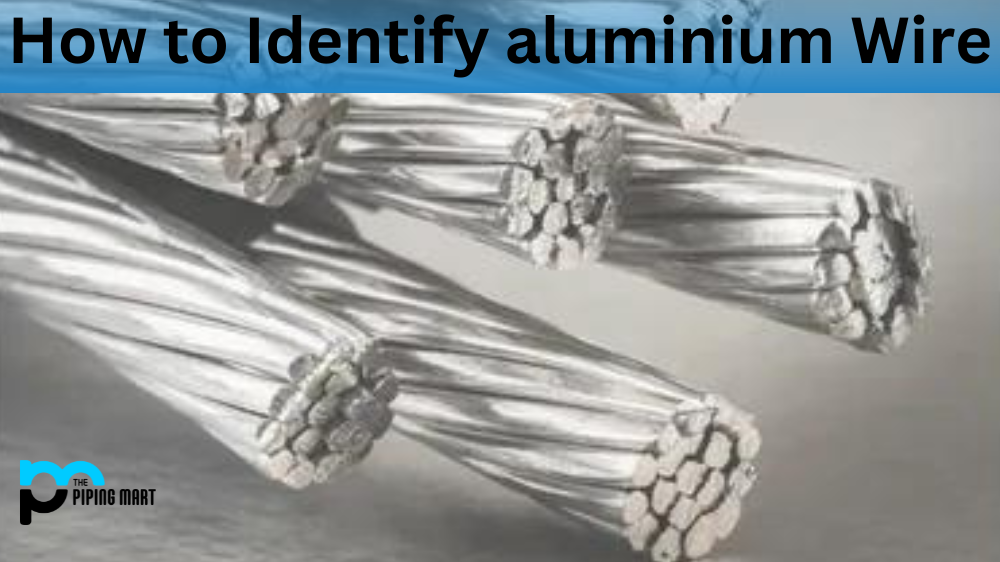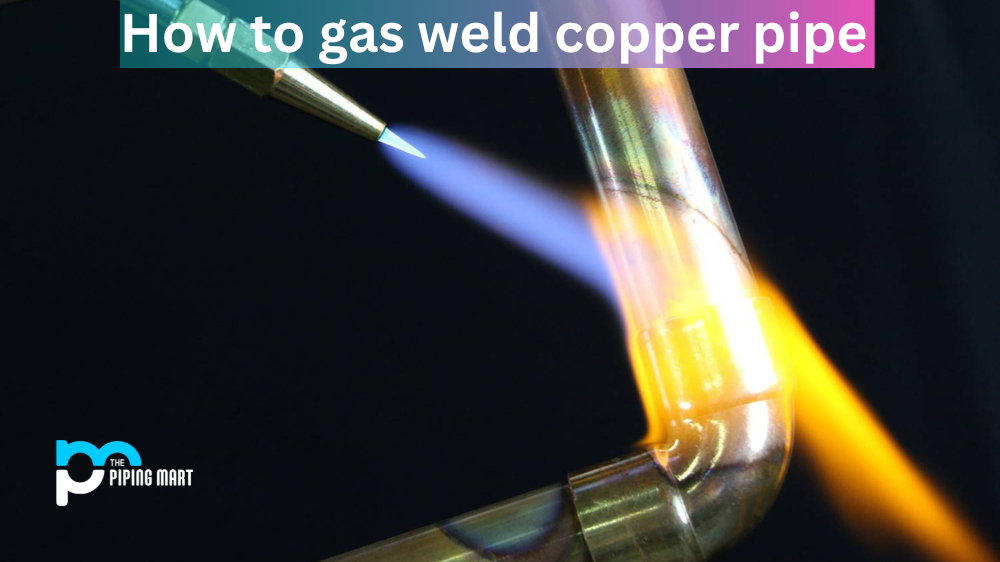If you’re looking to buy cookware for your kitchen, you may be considering anodized aluminum or stainless steel. Both materials are known for their durability and heat conduction, but some key differences make one a better choice for certain uses than the other. Let’s take a look at how these two materials compare.
Anodised Aluminium
Anodised aluminum is a popular choice in the cookware industry because it is lightweight, strong, and resistant to corrosion. It also has non-stick properties that make it ideal for cooking delicate dishes like eggs and fish without them sticking to the pan. However, anodized aluminum is less durable than stainless steel, so it can scratch easily if not properly cared for. Additionally, anodized aluminum can react with acidic foods like citrus and tomatoes, which can cause a metallic taste in the food.
Stainless Steel
Stainless steel is another popular material used in cookware because it is incredibly durable and resistant to rusting and staining. It also conducts heat quickly and evenly, making it great for cooking dishes that require precise temperature control. On the downside, stainless steel tends to be heavy compared to other cookware materials, so it may not be suitable if you have limited storage space in your kitchen. Furthermore, food will sometimes stick to stainless steel pans unless they are well-seasoned or coated with oil before use.
Difference Between Anodised aluminum and Stainless steel
Durability
Anodised aluminum is a more durable option than stainless steel, as it is less likely to scratch or tarnish over time. Anodised aluminum is also less likely to corrode when exposed to acidic or alkaline substances. However, stainless steel is more heat-resistant than aluminum, making it a better choice for cooking at high temperatures.
Safety
Both anodized aluminum and stainless steel are non-toxic and hypoallergenic, making them safe choices for cookware and food storage containers. However, aluminum can leach into food when heated, which can be harmful to human health. Stainless steel does not leach into food when heated, making it the safer choice for cooking at high temperatures.
Cost
Anodised aluminum cookware is typically more expensive than stainless steel cookware. However, anodized aluminum pots and pans will last longer than their stainless steel counterparts, so that they may be a more cost-effective option in the long run.
Maintenance
Anodised aluminum cookware requires little maintenance besides occasional washing with soap and water. Stainless steel cookware requires more frequent cleaning with detergent and hot water to prevent staining.
Conclusion:
Anodized Aluminium vs. Stainless Steel – Which One Should You Choose? Ultimately, the decision between anodized aluminum vs. stainless steel comes down to personal preference, as both cookware offer their advantages and disadvantages when compared. However, suppose you are looking for something lightweight yet durable. In that case, anodized aluminum is probably the better choice, while if you need something tougher, then stainless steel could be your best bet as its heavier weight makes it more resistant to scratches or dents over time. Whichever material you choose will depend on your individual needs in the kitchen!

Pipingmart is B2B portal specializes in industrial, metal and piping products. Also, share latest information and news related to products, materials and different types grades to help business dealing in this industry.




